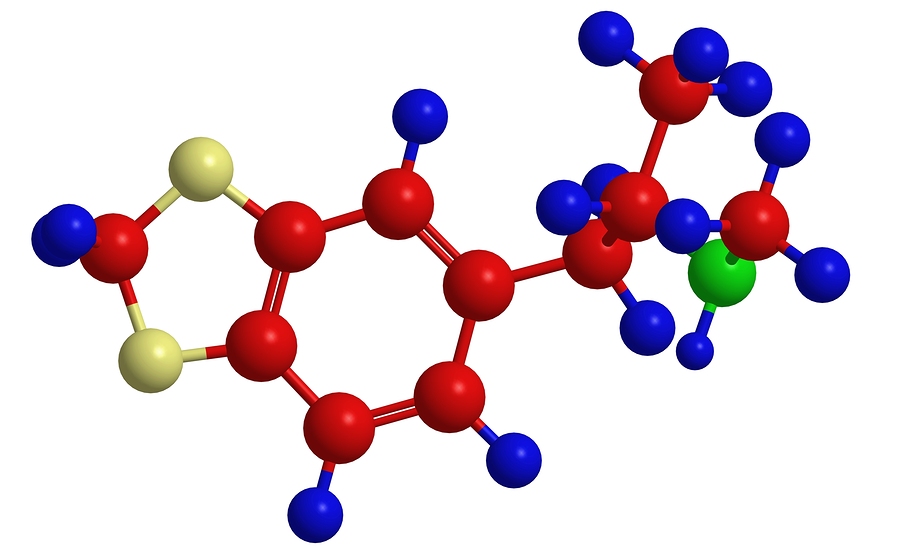
The Psychoactive Substances Bill: Update
(Updated article)
The last decade has seen a rapid increase of New Psychoactive Substances (NPS). In Europe alone, 100 new substances were notified to the EU Early Warning System in 2015 (101 in 2014 and 98 in 2013). Manufacturers are formulating new chemicals faster than legislation can catch up, and as soon as one substance is banned, another substance with similar effects appears in its place. NPS that were not covered by UK legislation (Misuse of Drugs Act 1971 or Human Medicines Regulations 2012) were sold by online and offline retailers, such as ‘headshops’. The drug market itself is changing through globalisation and technology, and the NPS market online is growing. However, a study outlined in the European Drug Report in 2015 suggests that regardless of the growth in the NPS market, lifetime use among young people of NPS is relatively low in comparison to well established drugs such as cannabis.

Countries around the world have introduced various legislations to tackle the expanding NPS market1, 2, which in 2013 saw 60 related deaths in England and Wales alone. Ireland and Poland introduced a ‘blanket ban’ to capture all psychoactive substances, whereas China introduced legislation to prohibit specific individual drugs. The UK on the 26th of May 2016 enacted the Psychoactive Substances Act, which followed the footsteps of Ireland and Poland.
![]()
The Psychoactive Substances Act:
Makes it an offence to produce, supply, possess with intent to supply, import or export psychoactive substances. The maximum sentence will be 7 years’ imprisonment.
Excludes legitimate substances, such as food, alcohol, tobacco, nicotine, caffeine and medical products, as well as controlled drugs already covered by the Misuse of Drugs Act 1971.
And possession is not an offence, except in a custodial institution (e.g. a prison).
One of the aims of the act is to close down the online retail stores and the offline ‘headshops’, which in 2013 there was estimated to be around 250 headshops in the UK. In Ireland, the act successfully criminalised the supply of harmful psychoactive substances and resulted in the closing of ‘headshops’. However, results show that Ireland still has the highest levels of NPS consumption in Europe and drug use actually increased in the year following the ban (EMCDDA, 2015).
The UK’s act has been criticised3, 4, and one of the critiques is that the act will move the sale of NPS to street level drug dealers and onto the hidden web. On the hidden web, drug sales take place within decentralised networks and access can only be gained through encryption software (e.g. Tor), creating anonymity for the user. The anonymity of the hidden web provides various challenges for law enforcement and drug policies. An example of a marketplace in the hidden web is ‘Silk Road’, which shut down in 2013, and had recent media coverage due to the imprisonment of its creator.
Conclusions
The Psychoactive Substances Act was enacted on the 26th of May 2016, and has not yet been under review. Further research will show whether displacement has occurred and NPS use remains high, similar to Ireland, or the act has successfully reduced the use and harms of these under researched substances.
For more information:
Psychoactive Substances Act UK: click HERE
‘A simple (ish) guide to the Psychoactive Substances Act’ from DrugWise: click HERE
References
1. van Amsterdam, J., Nutt, D., & van den Brink, W. (2013). Generic legislation of new psychoactive drugs. Journal of Psychopharmacology, 27(3), 317-324
2. Hughes, B., & Winstock, A. R. (2012). Controlling new drugs under marketing regulations. Addiction, 107(11), 1894-1899.
3. Stevens, A., Fortson, R., Measham, F., & Sumnall, H. (2015). Legally flawed, scientifically problematic, potentially harmful: The UK Psychoactive Substance Bill. International Journal of Drug Policy, 26(12), 1167-1170.
4. Reuter, P., & Pardo, B. (2016). Can new psychoactive substances be regulated effectively? An assessment of the British Psychoactive Substances Bill. Addiction doi:10.1111/add.13439.
The opinions expressed in this post and podcast reflect the views of the author(s) and do not necessarily represent the opinions or official positions of the SSA.
The SSA does not endorse or guarantee the accuracy of the information in external sources or links and accepts no responsibility or liability for any consequences arising from the use of such information.